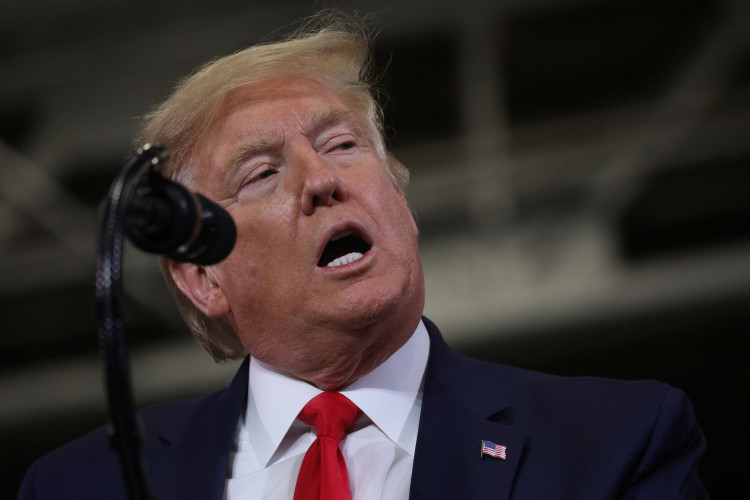The Taliban confirms it has finalized a peace deal with the Trump administration to end more than 18 years of war, but the deal might yet be scuppered by the Afghan government that president Donald Trump didn't include in the negotiations.
Taliban spokesman Suhail Shaheen told Afghan media on Monday the Taliban and the United States had reached an agreement. He claims the peace deal will be signed by the end of February. The U.S. has not confirmed these Taliban claims.
Dr. Abdullah Abdullah, Chief Executive the Unity Government of Afghanistan, however, confirmed a deal has been reached. He said the deal's signing will depend on the success of a proposed seven day period of reduced violence demanded by the U.S.
"The agreement between the Taliban and U.S. has been finalized and the signing of the agreement is based on the reduction in violence over seven days and then it will continue," said Abdullah to local TV station TOLOnews. "It is also an opportunity for the opposite side to show that they want peace in the country."
Afghan President Ashraf Ghani affirmed his government will evaluate any peace deal between the Islamist Taliban and the United States. Ghani again warned the Taliban might be using a "Trojan Horse strategy" to undermine U.S. and government forces.
On the other hand, Ghani said his administration will "take a substantial step forward" and give the deal a chance to succeed. The Taliban have consistently refused to negotiate directly with the Afghan government, repudiating it as a puppet government controlled by the United States.
The putative peace deal might also flounder on the reduction of violence proviso. Secretary of Defense Mark Esper said the plan for reducing violence is the first step in any lasting peace deal.
"There is a reduction in violence period, and then we have to consider whether or not to move forward with the agreement, with the peace agreement," said Esper Sunday in Germany.
Zalmay Khalilzad, U.S. Special Representative for Afghanistan's Reconciliation, tweeted updates about progress in the peace talks. He emphasized that "success cannot be guaranteed." He also said he had met with Ghani in Munich, Germany on Friday. Ghani and Khalilzad spoke about the opportunity of this reduction in violence and the imperative of preparing for an inclusive Afghan peace process. He urges all Afghans to seize the moment and end the misery of more than four decades of war.
Khalilzad also held meetings with leaders and representatives from different countries. He also revealed a prolonged and fruitful trip to Doha, capital of Qatar before attending the Munich Security Conference.
The U.S. has been negotiating an end to the Afghan war since July 2018. A deal was almost at hand in September 2019 but negotiations collapsed again after the Taliban took credit for killing a U.S. soldier. Trump declared the peace process "dead" afterward. Negotiations, however, continued and were led by Khalilzad.






